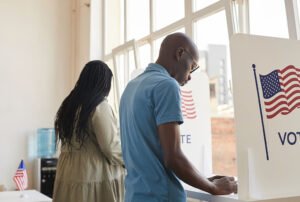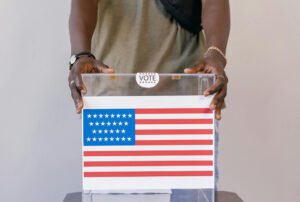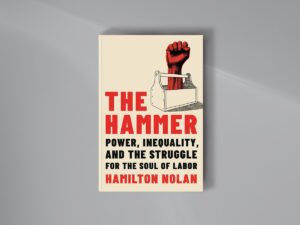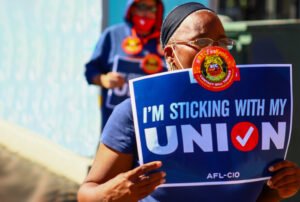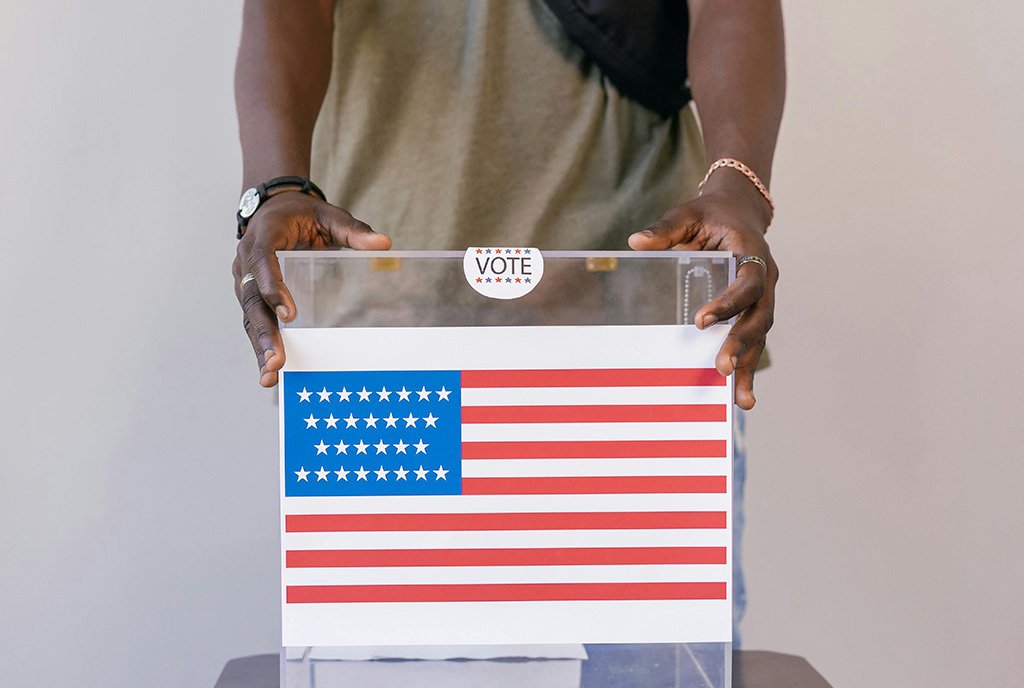February 8, 2012; Source: Demos | The progressive think tank Demos and the national consumer activist group U.S. PIRG (which is actually the federation of the various state Public Interest Research Groups) have released a new report on who is behind the Super PACs in the 2012 election, relying on the information that PACs are obligated to disclosed to the Federal Election Commission (FEC). Their report, “Auctioning Democracy,” contains important data on Super PACs, which the report describes as “much of what is wrong with American democracy rolled neatly into one package.”
Drawing on FEC data from 2010 through the end of 2011, Demos and U.S. PIRG concluded that 17.1 percent of Super PAC-itemized revenues came from 566 for-profit businesses (unions were the source of only 9.4 percent of Super PAC revenues). Of the 55.6 percent of itemized contributions to Super PACs that are attributable to individual donors, 93 percent came in amounts of at least $10,000—from only 726 individuals. More than one-third of Super PAC funds came from individual donors of $1 million or more—only 15 people. There can be no doubt that Super PACs are tools of wealthy individuals and businesses.
Important for NPQ Newswire readers is the role of the nonprofit sector in the Super PAC fundraising mix. 5.6 percent of Super PAC funds appear to come from 501(c)(4) social welfare organizations that are not required to disclose their donors. Demos and PIRG say that 6.4 percent of the Super PAC funds they counted could not be traced back to an original source, presumably (c)(4)s, (c)(6)s, and slivers of other funding vehicles (such as contributions from one Super PAC to another, contributions from shell corporations, etc.).
Sign up for our free newsletters
Subscribe to NPQ's newsletters to have our top stories delivered directly to your inbox.
By signing up, you agree to our privacy policy and terms of use, and to receive messages from NPQ and our partners.
The upshot for the nonprofit sector is this somewhat awkward study finding: “Because Super PACs—unlike traditional PACs—may accept funds from nonprofits that are not required to disclose their donors, they provide a vehicle for secret funding of electoral campaigns.” In reality, it is instruments of the 501(c) tax-exempt nonprofit sector, primarily 501(c)(4) organizations, which function as the primary vehicles for secret funding of electoral campaigns. Super PACs simply become the mechanism for deploying those resources.
The Demos/PIRG policy recommendations sidestep the problem of 501(c) confidentiality somewhat. On transparency and disclosure, Demos and U.S. PIRG recommend that Congress “require any for-profit corporation to publicly disclose any contributions to a 501(c)(4) organization that either makes an independent expenditure or contributes to a Super PAC.” But that doesn’t cut it. Under this construct, Sheldon Adelson, the primary backer of Newt Gingrich’s campaign, would be required to disclose his 501(c)(4) contributions if they were made through his Las Vegas Sands Corporation, but not if he made them individually.
The Demos/U.S. PIRG report on Super PACs calls them “kryptonite for our democracy.” Watching the dynamics of the various Republican presidential candidates’ Super PACs and President Obama’s recent embrace of one created by his former aides to help in his reelection, we believe that the Demos/U.S. PIRG conclusion is not mere hyperbole. Nonetheless, the time to skirt around the issue of 501(c) confidentiality has passed. Unless that problem is addressed head on, there will always be lingering elements of kryptonite in campaign financing serving to sap the strength of American democracy. —Rick Cohen


